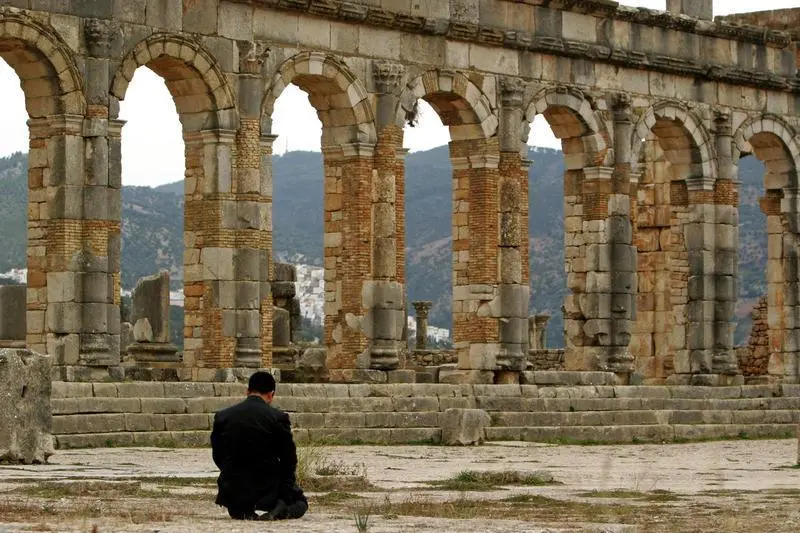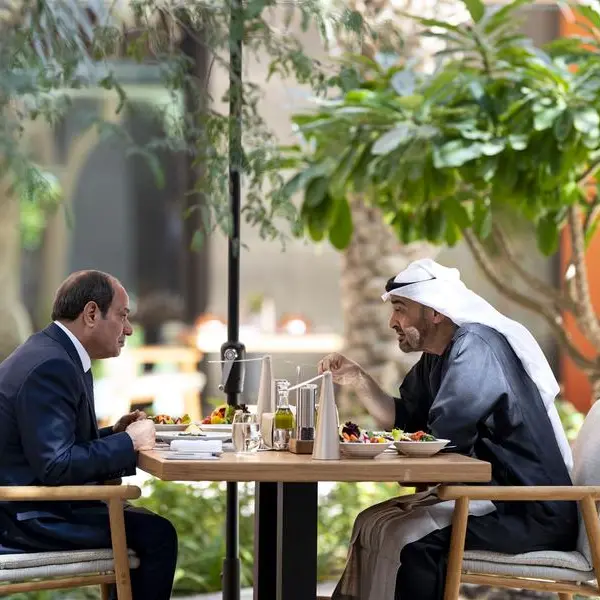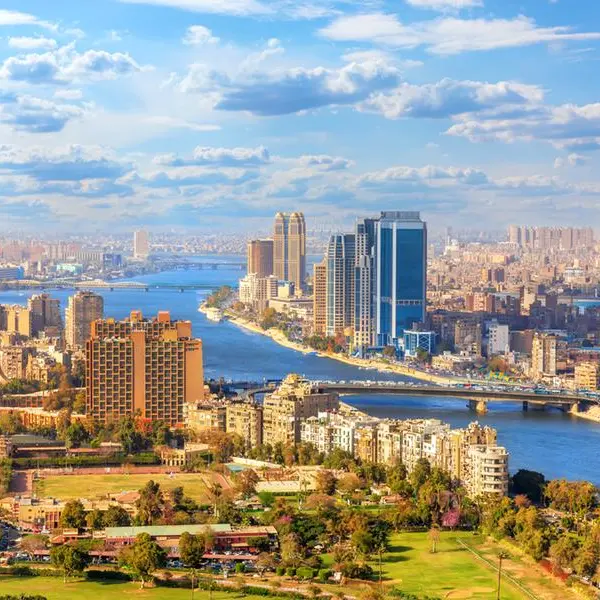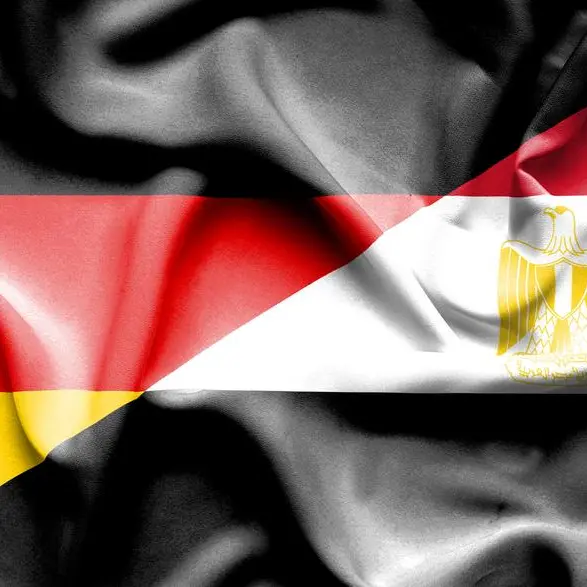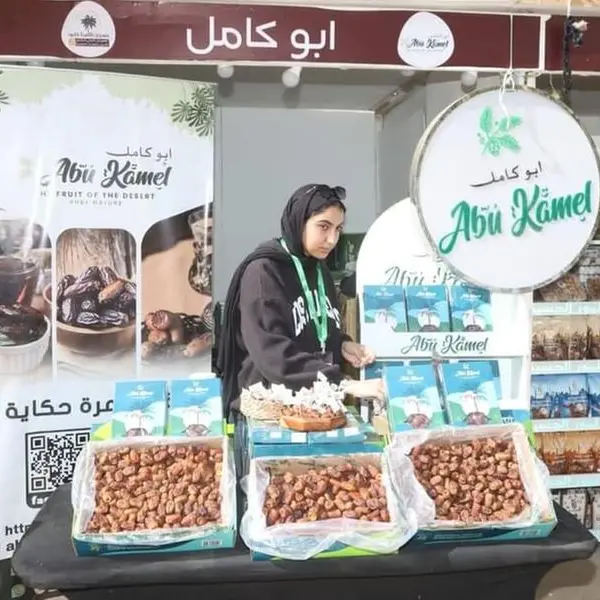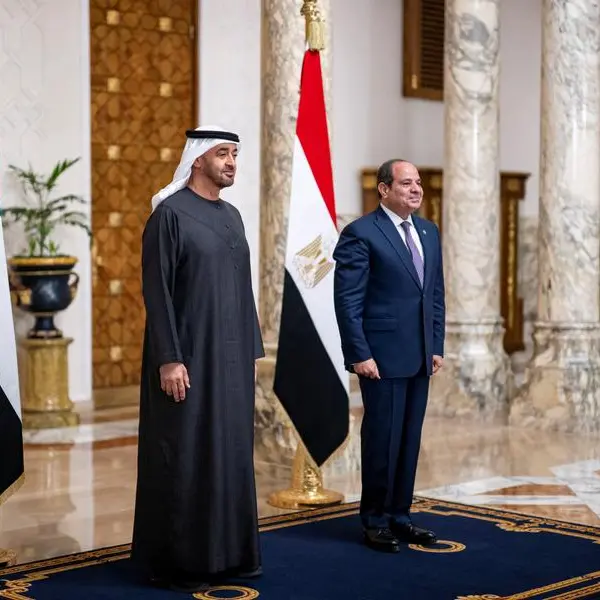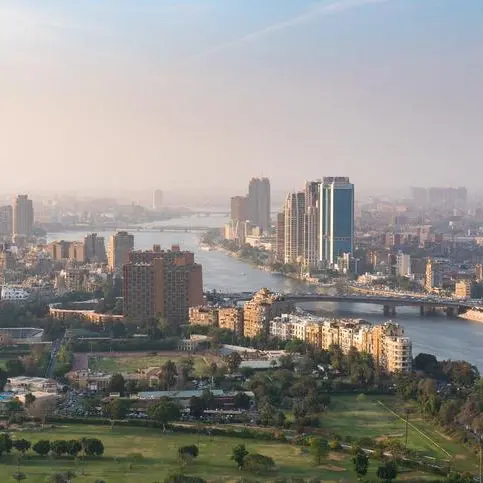PHOTO
The global shift towards sustainability in various sectors often leaves developing economies in the dust. The harsh reality is that setting the wheels of sustainability into motion does not come cheap and in smaller sectors like tourism, that notion can easily be put on the backburner. Despite these challenges, Morocco has set out to make impactful changes and is paving the way for other countries to follow suit.
Recognizing the importance of preserving its natural beauty and cultural treasures, Morocco has undertaken remarkable initiatives to promote sustainable tourism, embracing eco-friendly practices and encouraging responsible travel. From eco-conscious accommodations to conservation projects and community engagement, Morocco’s commitment to sustainable tourism sets an inspiring example for the rest of the world.
Here is a look at the formidable changes underway in this North African nation and what you can expect the next time you visit Morocco.
Eco-Conscious Accommodations: Blending Comfort with Sustainability
One of the cornerstones of sustainable tourism is the development of eco-conscious accommodations that prioritize environmental preservation without compromising on guest comfort.
In Morocco, several establishments have emerged as pioneers in this regard. The award-winning Kasbah du Toubkal, located in the High Atlas Mountains, exemplifies this commitment. This eco-lodge seamlessly integrates with the local Berber community, using locally sourced materials in its construction and employing local staff. The lodge promotes responsible tourism by offering guided hikes that showcase the stunning mountain landscapes while respecting the fragile ecosystems.
Conservation Projects: Protecting Morocco’s Natural Wealth
Morocco’s diverse ecosystems, from the Sahara Desert to the Atlas Mountains and the Atlantic coastline, require dedicated conservation efforts. The Kingdom has embraced numerous initiatives aimed at safeguarding its unique biodiversity. The Souss-Massa National Park, a UNESCO Biosphere Reserve, stands as a prime example. This park is home to several endangered species, including the Northern Bald Ibis and the Moroccan Dorcas Gazelle. Collaborative projects between governmental agencies, local communities, and international organizations have contributed to habitat restoration and sustainable wildlife management.
Cultural Heritage Preservation: A Fusion of Past and Present
Sustainable tourism extends beyond environmental concerns to encompass the preservation of cultural heritage. Morocco’s historical significance is reflected in its ancient cities, medinas, and architectural marvels. The city of Fez, known for its well-preserved medieval medina, has taken remarkable strides in preserving its cultural legacy. Through restoration projects and community involvement, Fez has maintained its authenticity while ensuring that locals benefit from tourism-related opportunities. Visitors can engage with traditional craftspeople, promoting the continuation of age-old artisanal traditions.
Promoting Responsible Adventure Tourism: A Delicate Balance
Adventure tourism has gained immense popularity in Morocco, given its diverse landscapes that range from towering peaks to vast deserts. To ensure the responsible growth of adventure tourism, Morocco has instituted regulations that prioritize environmental protection and safety. Trekking companies, such as the Atlas Kasbah Ecolodge’s opportunities collaborate with local communities to organize treks that support community projects. This approach ensures that the benefits of adventure tourism are distributed equitably while minimizing negative environmental impacts.
Eco-Friendly Transportation Initiatives: Navigating the Future
Transportation is a key aspect of sustainable tourism, as it directly impacts carbon emissions and local ecosystems. Morocco has made significant strides in this domain by promoting eco-friendly transportation options. The Marrakech Free Bike initiative, for instance, offers tourists the opportunity to explore the city on bicycles, reducing congestion and pollution. Additionally, the country has invested in developing an efficient rail network that connects major cities, providing an environmentally friendly alternative to road travel.
Educational Outreach: Raising Awareness for Sustainable Practices
Education and awareness play a crucial role in shaping travelerbehavior and promoting sustainable practices. Morocco’s commitment to educating tourists is evident through initiatives like the High Atlas Foundation’s tree-planting campaigns. These campaigns not only offset carbon emissions but also engage tourists in reforestation efforts, fostering a sense of responsibility towards the environment. Furthermore, interpretive centers and guided tours in national parks provide valuable insights into the delicate ecosystems and the importance of conservation.
Challenges and Future Prospects
While Morocco’s strides in sustainable tourism are commendable, challenges remain. Balancing economic growth with environmental preservation requires ongoing commitment and collaboration. Addressing issues like waste management, water scarcity, and over-tourism demands innovative solutions. Looking ahead, Morocco has the potential to harness technology and data-driven insights to better manage visitor flows and minimize environmental impacts. Continued investment in education, infrastructure, and stakeholder engagement will be instrumental in realizing a truly sustainable tourism model.
Morocco’s sustainable tourism commitment is a testament to the nation’s dedication to preserving its natural beauty, cultural heritage, and local communities. By fostering eco-conscious accommodations, engaging in conservation projects, empowering communities, and promoting responsible travel practices, Morocco sets an inspiring example for the global tourism industry. As travelers increasingly seek authentic and ethical experiences, Morocco’s holistic approach to sustainability paves the way for a future where tourism flourishes without compromising the very resources that make the destination so captivating.
© 2022 Arab Times Kuwait English Daily. All Rights Reserved. Provided by SyndiGate Media Inc. (Syndigate.info).
